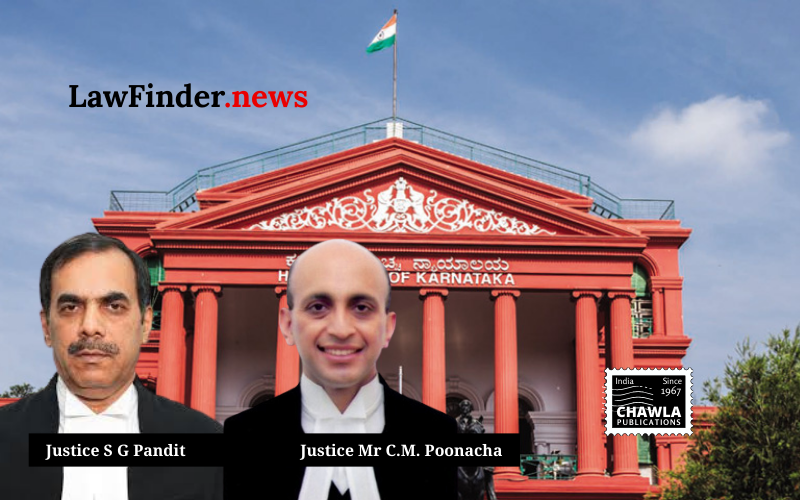Detailed directives issued to enhance police procedures, focusing on missing women and minors, with disciplinary actions for non-compliance.
In a landmark judgment, the Karnataka High Court has issued detailed directions for the investigation of missing persons cases, particularly those involving women and minors. The judgment, delivered by Justices S.G. Pandit and C.M. Poonacha, addresses significant concerns regarding the inefficacy of current systems and mandates robust measures to ensure swift and effective action by police authorities.
The case stemmed from a habeas corpus petition filed by Ramakrishna seeking the production of his missing daughter. Despite extensive efforts by police authorities, the daughter remains untraced, prompting the court to outline comprehensive guidelines to prevent similar situations.
Key directives include the prompt registration of complaints, the use of technology and forensic evidence, and strict adherence to Standard Operating Procedures (SOPs) issued by the State and Central Governments. Police authorities are instructed to register FIRs immediately upon receiving complaints, circulate details widely, and collaborate with specialized agencies like Anti-Human Trafficking Units (AHTUs).
The court emphasized the importance of forensic evidence, specifically DNA analysis, to identify missing persons if mortal remains are found. Additionally, details of missing persons must be disseminated through various media platforms, including newspapers, television, and online portals like Mission Vatsalya and Track the Missing Child.
The judgment highlights the formation of a committee comprising senior police officers to review cases where individuals remain untraced for over two months. This committee is tasked with ensuring compliance with judicial directions and submitting periodic reports to the court. Non-compliance by police authorities will attract disciplinary action, reinforcing accountability within the system.
Furthermore, the State Government is directed to issue a comprehensive circular incorporating these judicial directions and SOPs, mandating police compliance with guidelines. This includes the publication of missing persons' details and inter-agency collaboration. The circular will specify disciplinary proceedings for failure to adhere to the guidelines.
The judgment also acknowledges the statutory provisions under the Juvenile Justice (Care and Protection of Children) Act, 2015, emphasizing the need for immediate action in cases involving minors. The court references various precedents, including the Supreme Court's directives in Bachpan Bachao Andolan v. Union of India, highlighting the importance of treating missing children cases with urgency and presuming abduction or trafficking until proven otherwise.
This judgment marks a significant step towards strengthening the mechanisms for addressing missing persons cases in Karnataka, setting a precedent for other states to follow in enhancing their investigative procedures.
Bottom Line:
Habeas corpus petition related to missing persons - Detailed guidelines and Standard Operating Procedures (SOPs) stipulated for the investigation of missing persons' complaints, with emphasis on missing women and minors.
Statutory provision(s): Constitution of India Articles 226 and 227, Juvenile Justice (Care and Protection of Children) Act, 2015 Section 110(2)(i), Juvenile Justice (Care and Protection of Children) Model Rules, 2016 Rule 92
Ramakrishna v. Director General of Police, (Karnataka)(Dharwad)(DB) : Law Finder Doc Id # 2782274




